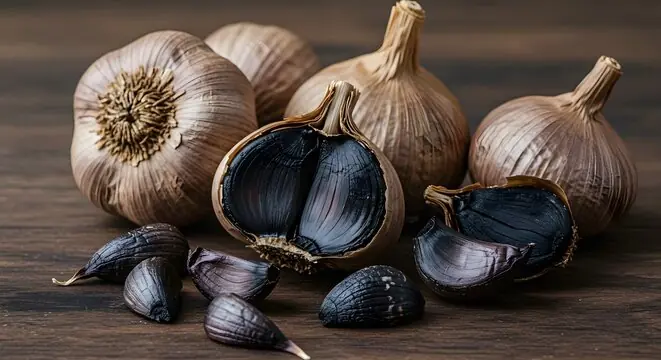
5-Year-Old Passes Away from Late-Stage Cancer: Doctors Urgently Warn Parents to Stop Giving Children These 5 Foods
The heartbreaking story of a 5-year-old child losing the battle against late-stage cancer has shaken many parents and health professionals. While cancer can have many causes—some genetic, others environmental—doctors are increasingly warning that diet plays a critical role in the development of chronic diseases, including cancer. In the wake of this tragedy, medical experts are urgently appealing to parents: be more mindful of what your children eat. Some foods, though widely consumed, are linked to increased cancer risks and may silently damage children's health over time. Here are five foods doctors now advise parents to limit—or avoid altogether—for the sake of their children's future health.
1. Processed Meats (e.g., sausages, ham, hot dogs)
Processed meats are commonly found in children's lunches or fast food meals. However, these meats often contain nitrates, nitrites, preservatives, and artificial coloring agents. The World Health Organization (WHO) has classified processed meats as carcinogenic to humans, meaning they are known to cause cancer. For growing children, whose bodies are still developing and more sensitive to harmful substances, regular consumption of these foods can be especially risky. Instead of deli meats, parents are encouraged to offer fresh, lean sources of protein like chicken, eggs, or beans.
2. Sugary Drinks and Sodas
Sugary beverages, including sodas and sweetened juices, are often marketed to children with colorful labels and cartoon characters. But behind the attractive packaging lies a dangerous mix of excessive sugar and artificial chemicals. Consuming these drinks regularly can lead to obesity, type 2 diabetes, and even increase the risk of certain cancers later in life. High sugar intake fuels inflammation and can contribute to cellular changes that trigger cancerous growth. Water, unsweetened herbal teas, or diluted natural fruit juices are far safer alternatives.
3. Deep-Fried and Fast Foods
Foods that are deep-fried—such as French fries, chicken nuggets, and onion rings—are high in trans fats and acrylamide, a chemical produced during high-temperature cooking. Acrylamide has been linked to cancer in animal studies, and while research is ongoing, doctors urge caution. Fast food also often contains high levels of salt, preservatives, and unhealthy fats, which can weaken a child’s immune system over time. Preparing homemade meals using fresh ingredients is not only healthier but helps establish lifelong good eating habits.
4. Instant Noodles and Packaged Snacks
Instant noodles and many popular packaged snacks are convenient and inexpensive, which makes them appealing to busy families. However, they often contain MSG (monosodium glutamate), high sodium levels, and artificial flavor enhancers that have been linked to various health concerns. While eating these foods occasionally is unlikely to cause harm, regular consumption can negatively affect a child’s metabolism and organ function. Opting for whole foods such as rice, vegetables, and fruits is a safer and more nourishing choice.
5. Sweets with Artificial Colors and Flavors
Colorful candies, gummy snacks, and many baked goods contain synthetic dyes and flavorings, some of which have been linked to behavioral issues and possible carcinogenic effects. Children are especially vulnerable to these additives because their smaller bodies process chemicals differently. While it may be hard to say no to sweets entirely, choosing treats made from natural ingredients—without artificial additives—is a better way to satisfy a child’s sweet tooth without exposing them to unnecessary risk.
Conclusion
The death of a young child due to late-stage cancer is a tragedy that no parent should have to endure. While not all cancers can be prevented, doctors emphasize that nutrition is one area where parents have real control. By avoiding or limiting these five harmful food groups, families can significantly reduce long-term health risks for their children. The earlier healthy eating habits begin, the stronger and more resilient a child’s body will be. Prevention starts in the kitchen—and the choices made today could save lives tomorrow.
News in the same category

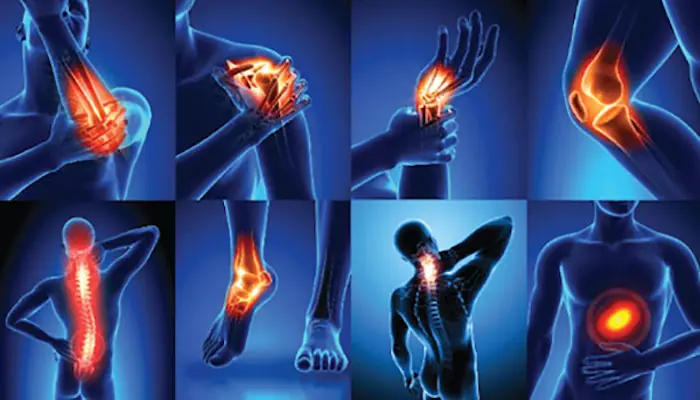
Seven Types of Pain You should Never Ignore

The Best Natural Gout Treatments: Remove Uric Acid Crystallization To Prevent Gout And Joint Pain
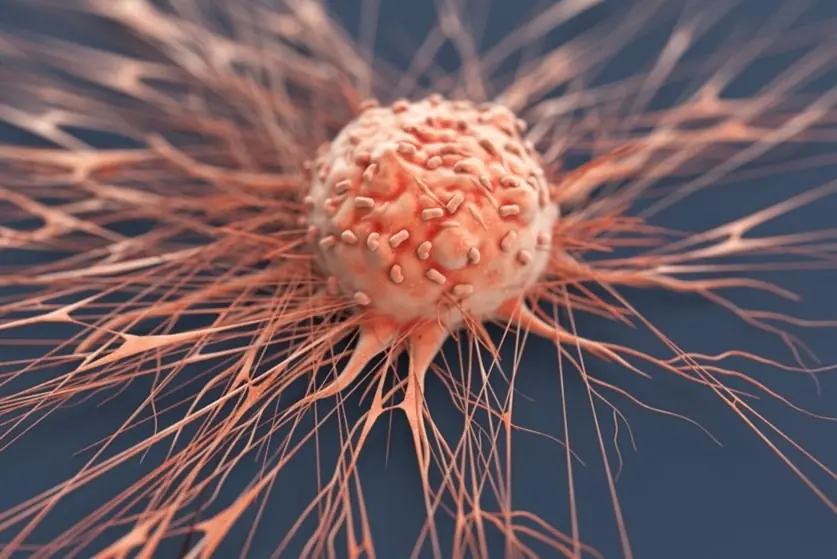
Cancer Hospital Warning: Eating This Type of Meat Daily Can Increase Cancer Risk – Don’t Be Complacent!
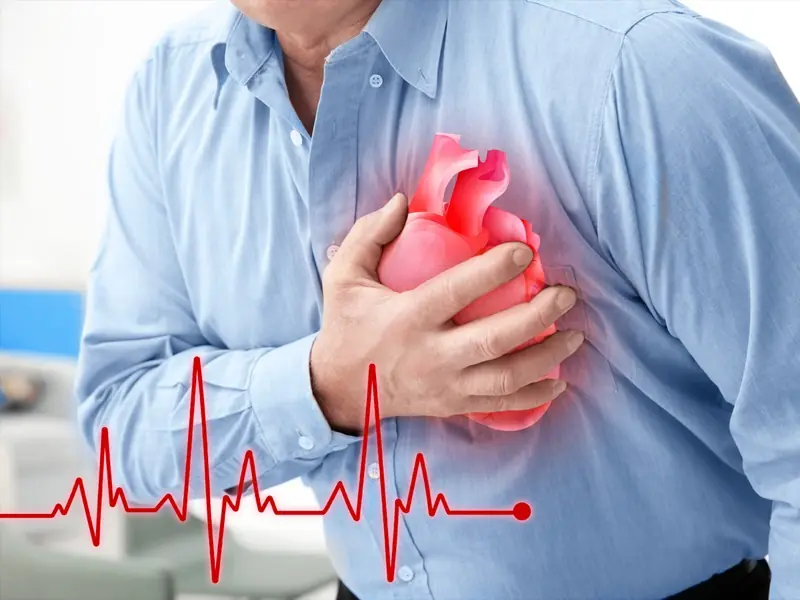
8 Diseases Parents Can Pass On to Their Children: If You're Free from Them, Congratulations on a Healthy Next Generation
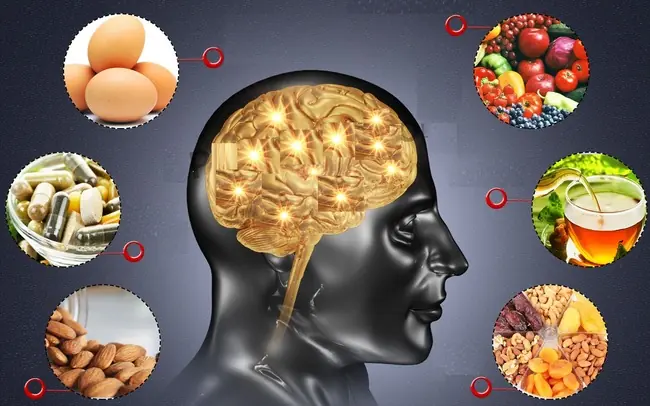
The Sweet Tragedy: A 36-Year-Old Teacher's Untimely Death Due to Diabetes
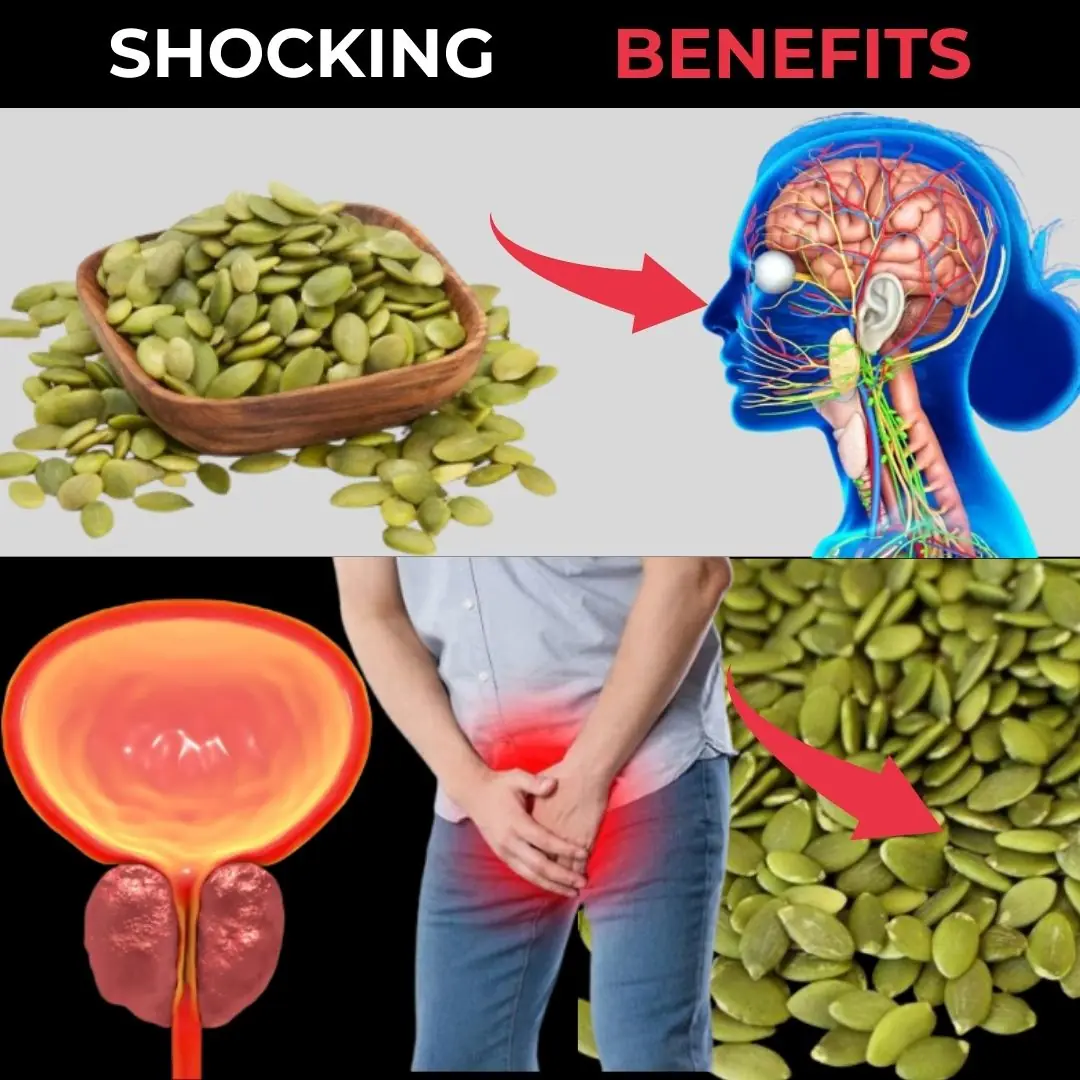
What Happens to Your Body When You Eat Pumpkin Seeds Every Day? – Amazing Pumpkin Seeds Benefits

Do You Know the Secret to Unstoppable Radiant Skin with Coffee and Vinegar?

Easy and Delicious Appetizer in Minutes: Perfect for Any Occasion! 🍴✨

Unrolled Egg Roll Stir Fry

Bread in 20 Minutes: Quick, Easy, and Delicious!

Spinach and Feta Rolls Ingredients
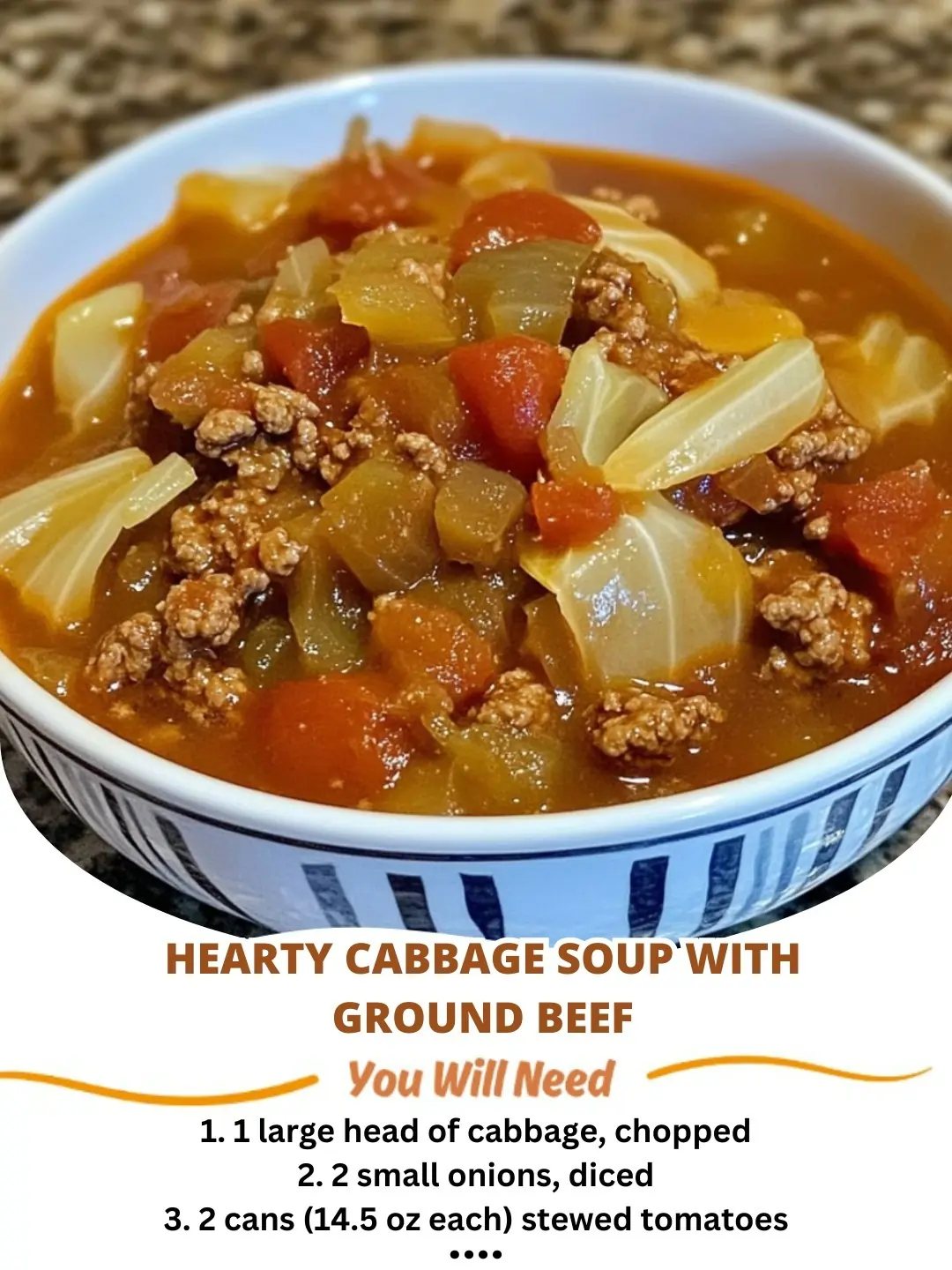
Hearty Cabbage Soup with Ground Beef: A Comforting, Flavor-Packed Meal in a Bowl! 🥣
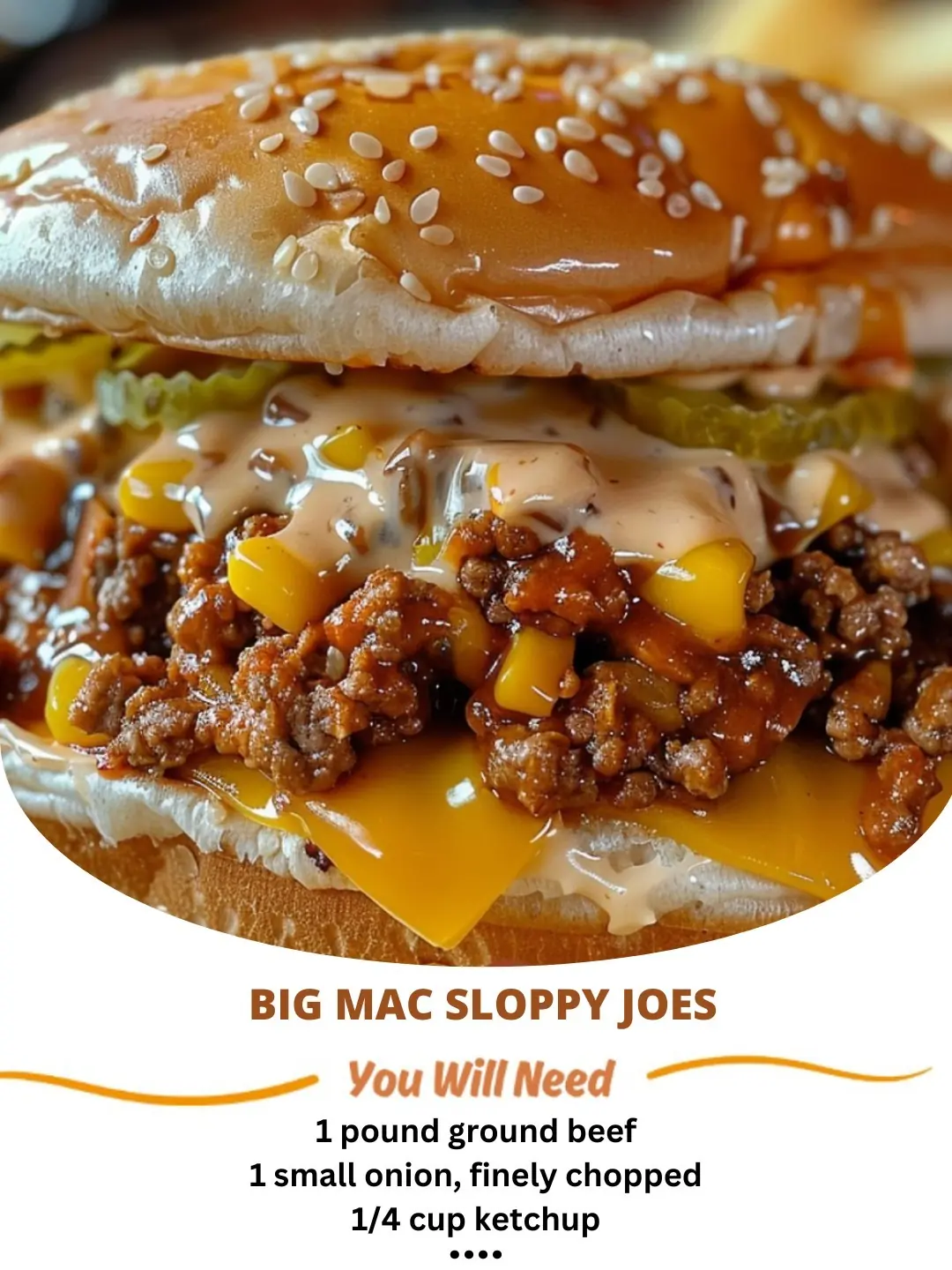
Big Mac Sloppy Joes
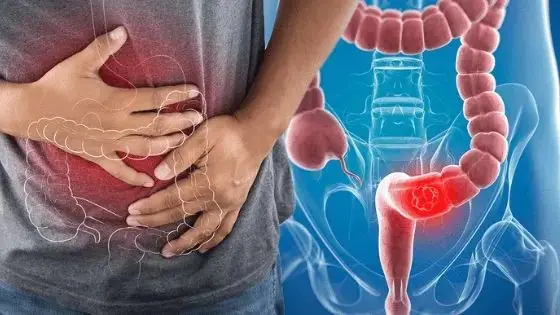
Warning from Cancer Hospital: Eating This Type of Meat Daily May Increase Cancer Risk – Don’t Take It Lightly!

3 Warning Signs That May Appear Days Before a Stroke—Everyone Should Know to Stay Safe
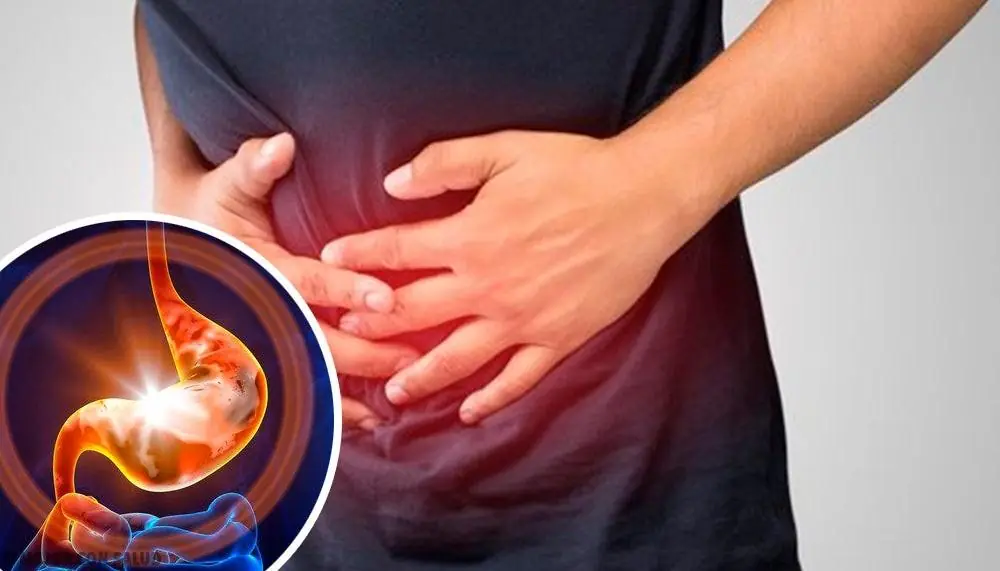
Here's how you can find relief from inflammation, bloat and constipation

Do you know the real story behind the small scar on the upper left arm and its true significance?

☕ A Deliciously Healthy Coffee Recipe with Ginger and a Secret Twist
News Post

My Neighbor Poured Cement over My Flower Garden Because the Bees Annoyed Him—He Never Expected Payback from the 'Sweet Old Lady' Next Door

My MIL Kicked Me and My Kids Out of a Family Photoshoot Because We Weren't Wearing Matching Christmas Pajamas

1 cup of oats and 2 apples. I haven't had sugar in a year! Without sugar & flour!

Medicinal Health Benefits of Garlic (Raw, Supplement) – Science Based

Seven Types of Pain You should Never Ignore

The Best Natural Gout Treatments: Remove Uric Acid Crystallization To Prevent Gout And Joint Pain

Cancer Hospital Warning: Eating This Type of Meat Daily Can Increase Cancer Risk – Don’t Be Complacent!

8 Diseases Parents Can Pass On to Their Children: If You're Free from Them, Congratulations on a Healthy Next Generation

The Sweet Tragedy: A 36-Year-Old Teacher's Untimely Death Due to Diabetes

What Happens to Your Body When You Eat Pumpkin Seeds Every Day? – Amazing Pumpkin Seeds Benefits

Do You Know the Secret to Unstoppable Radiant Skin with Coffee and Vinegar?

Easy and Delicious Appetizer in Minutes: Perfect for Any Occasion! 🍴✨

Unrolled Egg Roll Stir Fry

Cranberry Feta Pinwheels
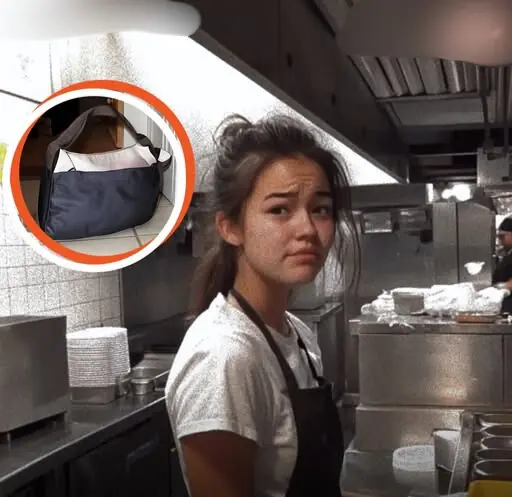
Boss Fires Young Dishwasher Suspecting Her of Theft, Apologizes in Tears After He Opens Her Bag

Woman Asks Husband of 30 Years for Divorce Even Though He'd Done Nothing

Son Leaves Mom in Wheelchair on the Street, Year Later Sees Her Coming to His House on Her Feet

The Woman Who Wanted My Life Was Already in My House

Woman Mocked Me for My Age Only to Share Dinner as My Son’s Fiancée the Very Next Day
